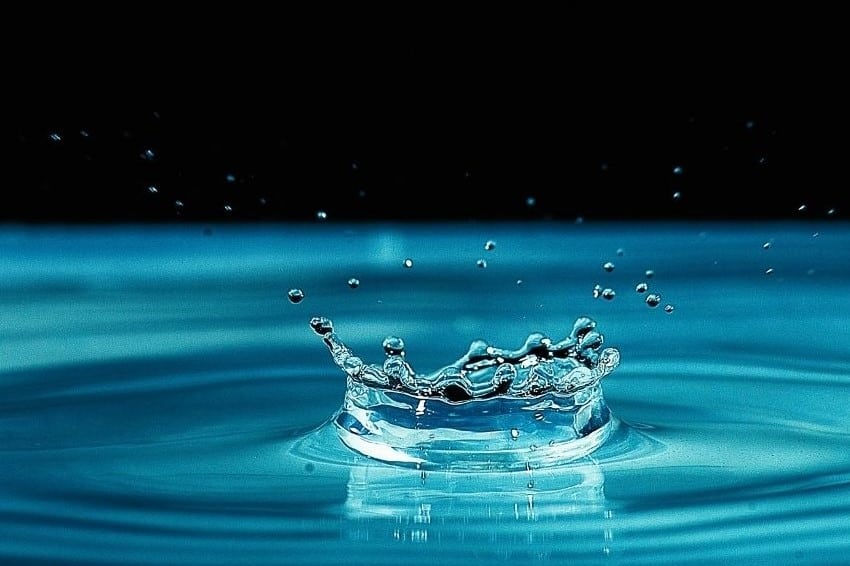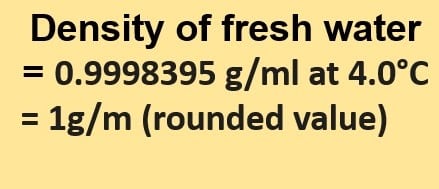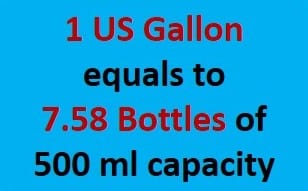The term “soft water” refers to water that has been free from dissolved salts of calcium, iron, or magnesium and contains only sodium ions.
Hard water, on the other hand, is water that contains a significant amount of dissolved minerals like calcium and magnesium. Keep reading to know the answer to the question “what is soft water?”.
Rainwater is naturally soft as it falls. However, as water moves through the ground and into our waterways, it picks up minerals such as chalk, lime, and, most notably, calcium and magnesium, resulting in hard water. Because hard water contains important minerals, it is sometimes referred to as drinking water.
Cooking with soft water helps to ensure that the taste of your food is mineral-free. Soft and pure water also aids in the preservation of flavor. For example, when making any type of dough, using too hard water can result in a stiffer dough. Too soft water can result in a weaker dough.

Table of Contents
The Importance of Soft water
- Pipes and plumbing last longer with soft water because mineral deposits will not clog them and reduce pressure. Without these deposits, the water heater will last much longer and cost less to heat.
- Appliances may need a water softener if the hardness of the water is greater than 7 grains per gallon (120 mg/L).
- Soft water is safe for most healthy humans to drink. People are often concerned about soft water’s high sodium content. The sodium content of soft water is not harmful to healthy adults.
- Most experts believe that drinking soft water on a regular basis is harmful.
Problems Related to Hard Water
Hard water causes issues primarily due to the formation of scale in pipework and, in particular, hot water tanks and machinery. It could also be a problem if it leads to excessive use of detergents.
Scale can also build up in your water heating system, causing sludge, noisy radiators, and decreased flow and efficiency. Your entire heating system will eventually need to be replaced due to its inefficiency. The same holds true for appliances like kettles, showers, and washing machines. You are actually paying for hard water with your hard-earned money!
Hardness salts can be removed using “softening,” a time-tested and dependable technology. The water is passed through an ion-exchange bed, which exchanges calcium for sodium (which does not cause scale).
Summary
- When we talk about “soft water,” we’re talking about water that has been treated to remove all dissolved salts of calcium, iron, and magnesium, leaving only sodium ions in the water.
- Hard water is water that has a high concentration of dissolved minerals such as calcium and magnesium.
- Rainwater is naturally soft water.
- Hard water is sometimes referred to as drinking water because it contains important minerals.
More Interesting Topics
Specific Heat Formula & Concept
Is Chlorine a metal?
CLF3 Lewis Structure, Molecular Geometry, and Polarity
Flexural Strength- An Overview
Silicon Carbide – An Overview
Mechanical Energy Formula & Examples
Frequently Asked Questions
1. What is soft water?
Soft water is water that has no dissolved calcium, iron, or magnesium salts and only sodium ions.
Hard water, on the other hand, contains dissolved minerals like calcium and magnesium.
2. What is the weight of water?
According to the National Library of Medicine, the weight of water is approximately 1 gram per cubic centimeter at 25°C in the metric system. In imperial measurements, it’s about 62.4 pounds per cubic foot at 77 degrees Fahrenheit.
3. What is the density of water?
The density of water is 1 gram per cubic centimeter. A substance’s density is constant regardless of sample size.
4. What is freshwater?
Water that comes from glaciers and lakes and reservoirs and ponds and rivers and streams and even groundwater is called “freshwater“. They make up less than 1% of the world’s surface area, but they house 10% of all known animals and up to 40% of all known fish species.
5. What kind of change is boiling water?
There is no chemical change when water boils because the water vapor has the same molecular structure as water which is liquid (H2O). Check the full article on boiling water.
6. Why does oil float on water?
Oil floats on water because it is denser than water. In liquids, density is the mass per cubic meter of volume. Water has a density of around 1000 kg/cubic meter, while oil is between 800 and 960. Hence, oil floats on water.
7. What is weathering and does water causes weathering?
Weathering is the breakdown or dissolution of rocks and minerals on the Earth’s surface. All weathering agents are agents of change in temperature and water.
Earth’s rocky landscape is constantly changing. Weathering erodes exposed surfaces. The length of exposure often affects a rock’s weathering vulnerability. Lavas, for example, are less susceptible to weathering and erosion than rocks exposed to agents like wind and water.
8. What is chemical weathering?
Chemical weathering alters rock and soil molecular structure. For example, carbon dioxide from the air or soil can combine with water to form carbonate. Thus a weak acid, carbonic acid, is created.
9. Is air a homogenous mixture?
Air is a mixture of gases. The atmosphere contains nitrogen, oxygen (for animal and human life), carbon dioxide, water vapor, and other trace elements (argon, neon, etc.). High-altitude air contains ozone, helium, and hydrogen.
10. What is the diffusion coefficient?
The diffusion coefficient (D) measures how quickly a material diffuses through another. Faster diffusion occurs with higher D.
11. Is water a mixture?
Water is not a mixture. It is a pure hydrogen-oxygen compound. Simply put, hydrogen and oxygen react chemically to form a compound called water. Check the full article “is water a mixture?”.
12. What is the melting point of water?
The melting point of pure water ice at 1 atmosphere of pressure is very close to 0 °C, which is 32 °F or 273.15 K.
More Links
- BCl3 Lewis Structure in four simple steps - November 1, 2023
- PH3 Lewis Structure in four simple steps - October 8, 2023
- PF3 Lewis structure in four simple steps - September 24, 2023



